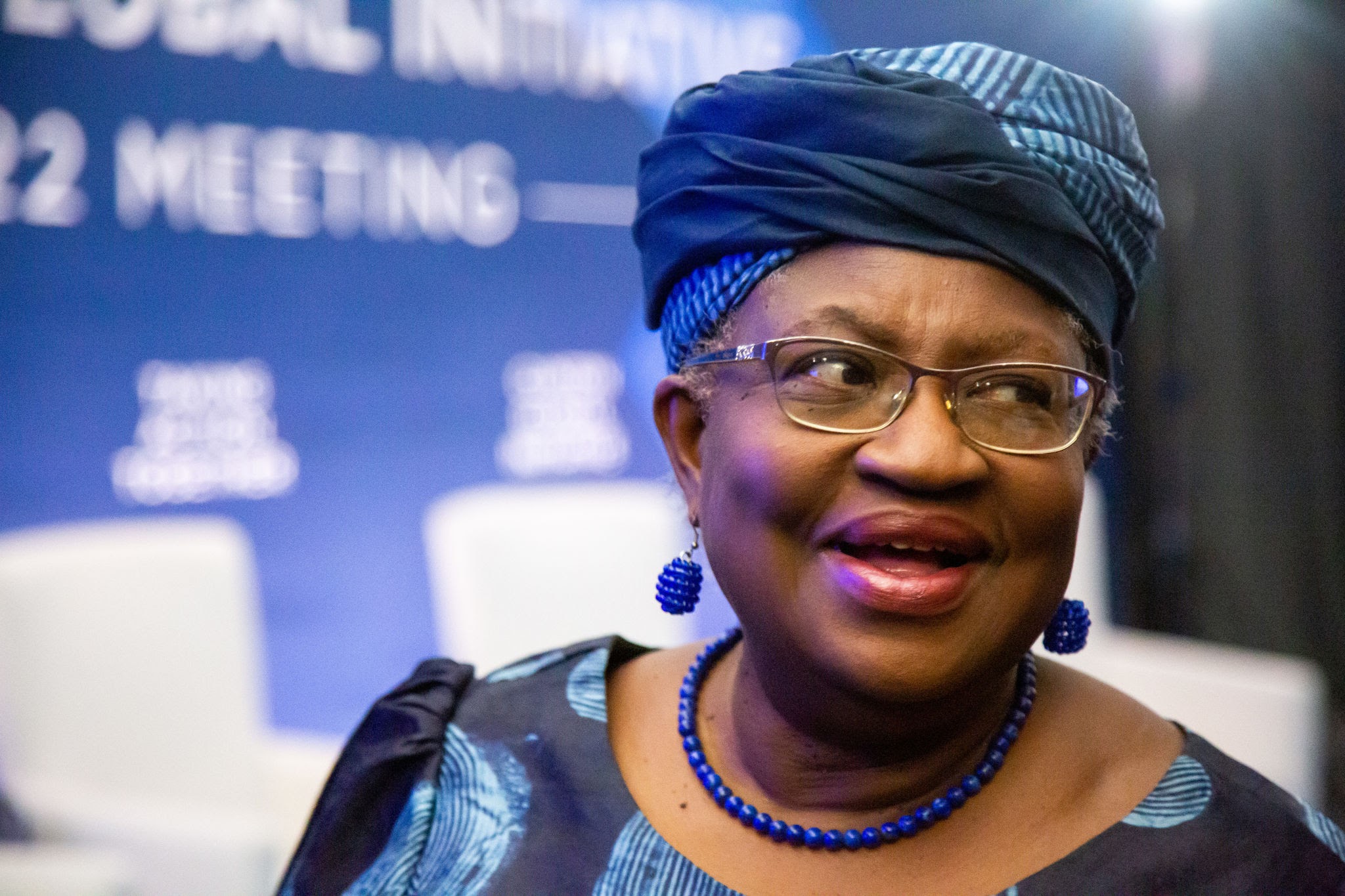INTERNATIONAL

CHINA WARNS WTO'S OKONJO-IWEALA: U.S. TARIFFS COULD DEVASTATE DEVELOPING COUNTRIES
April 2025 | Global Trade News
In a stark warning to global trade authorities, China has cautioned that U.S. tariffs on imports could cause significant harm to developing economies, particularly those that rely on international trade for growth and stability. The statement comes amid increasing tensions between the world’s two largest economies, as both countries continue to grapple with shifting trade dynamics and rising protectionism.
China’s concern is not just a matter of economic self-interest. The Chinese government has raised alarms about the broader impacts on developing nations, arguing that these tariffs could disproportionately affect countries with fragile economies that depend heavily on export markets, particularly the U.S. and Europe.
The Role of Okonjo-Iweala and the WTO
In a joint call with the World Trade Organization (WTO), China’s representatives highlighted the importance of balancing trade policies that both support national interests and protect the economic welfare of less-developed nations. At the heart of this plea is Ngozi Okonjo-Iweala, the Director-General of the WTO, who has long advocated for equitable global trade practices.
Okonjo-Iweala has stressed that any trade measures — including tariffs — should be designed with a focus on minimizing harm to developing economies. Her remarks were echoed by China's diplomats, who urged the U.S. to reconsider its tariff strategy, which they believe could undermine global efforts to create a more inclusive and fair trading system.
"While countries have the sovereign right to impose tariffs, the ripple effects on the global economy must be accounted for, especially on nations that are already facing challenges of economic vulnerability," Okonjo-Iweala said in a recent interview.
Tariffs and the Risk to Global Supply Chains
One of the most immediate consequences of rising tariffs is the disruption of global supply chains, in which developing countries often play a pivotal role. From providing raw materials to manufacturing finished products, developing nations are deeply embedded in the interconnected world economy.
China’s warning underscores the risk that higher tariffs could harm the flow of goods and services, leading to higher costs for consumers, job losses in vulnerable sectors, and a potential slowdown in global economic growth. Countries in Africa, Latin America, and Southeast Asia could bear the brunt of these changes, as they face not only the challenge of reduced exports but also the effects of inflation and trade restrictions.
Protectionism: A Double-Edged Sword
While the U.S. has positioned tariffs as a way to protect its domestic industries and reduce trade imbalances, critics argue that this protectionism risks harming economies that are already disadvantaged. Many developing nations, who rely on trade with the U.S. for their industrial and agricultural exports, could see their products become more expensive and less competitive in the global market.
China has warned that the protectionist policies could be counterproductive, as global trade depends on cooperation between all countries, big and small. The Chinese government’s appeal to the WTO and Okonjo-Iweala highlights the delicate balance of ensuring that trade policies foster growth without inflicting collateral damage on the world's poorest nations.
The Road Ahead: Can Global Trade Be More Inclusive?
As the U.S. and China continue to square off over trade practices, the question remains: how can global trade be structured to support both the needs of major economies and the development goals of the world’s poorest nations? Okonjo-Iweala’s leadership of the WTO will likely be pivotal in steering discussions toward policies that balance economic growth with fairness, ensuring that developing countries are not left behind in the race for global prosperity.
In the coming months, as trade negotiations heat up, the international community will be watching closely to see if the U.S. will adjust its stance on tariffs or if further measures will be taken to protect vulnerable economies.
For now, the clock is ticking for developing countries, who hope that global trade remains a pathway to progress rather than an obstacle to their economic futures.
"This represents a significant development in our ongoing coverage of current events."— Editorial Board









